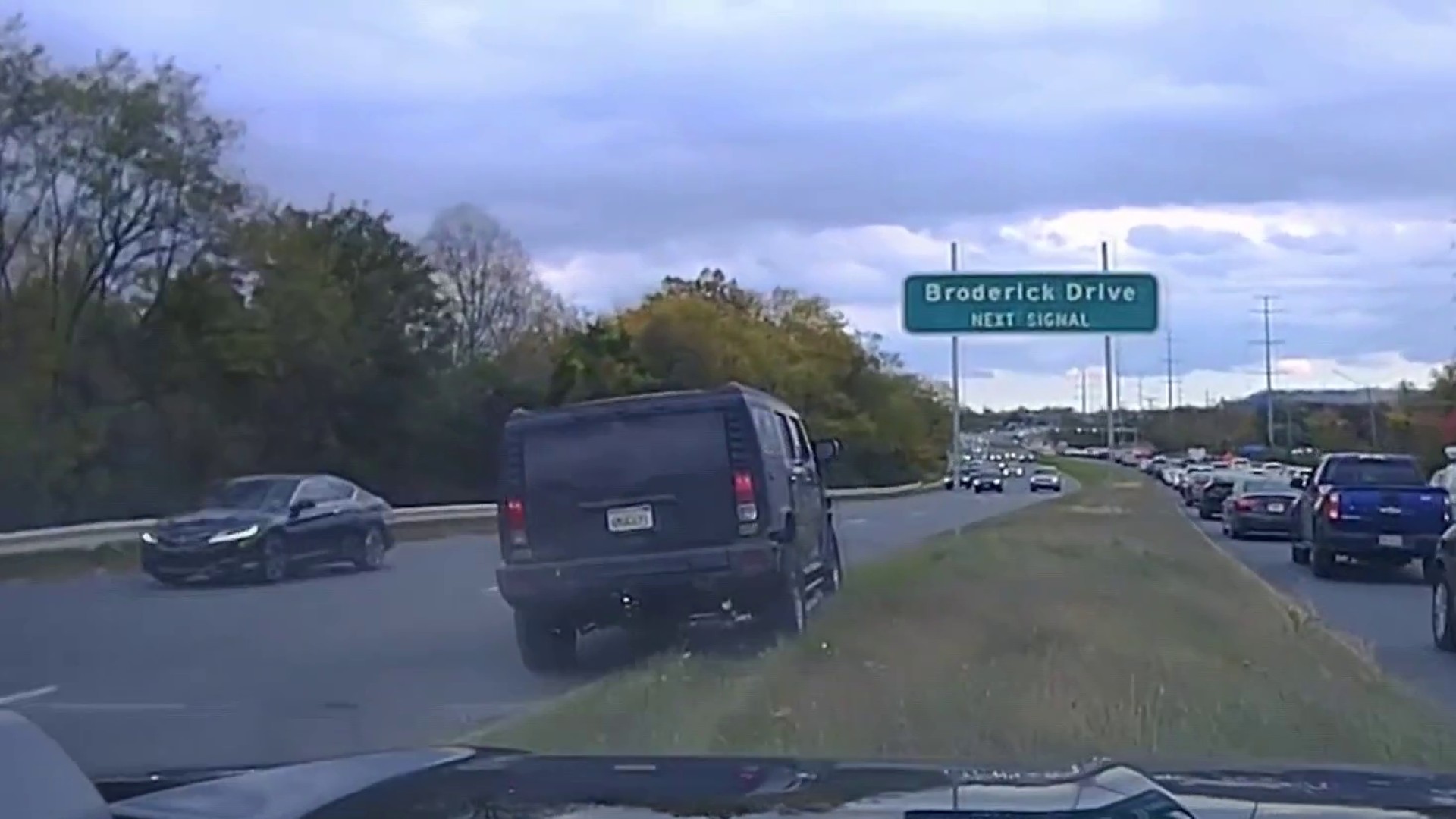Restaurant workers demonstrated outside the Fairfax County, Virginia, government center Tuesday in opposition to a meals tax being considered by the Board of Supervisors to increase county revenue.
A meals tax would be assessed on all prepared foods – including drinks sold along with them – from restaurants, cafeterias, coffee shops, food carts and ready-to-eat grocery items.
At 1%, a meals tax would generate $33 million. The top rate allowed – 6% – would mean $198 million.
Kyle Schoenberger said he opposes any sort of meals tax because he believes it could hurt the restaurant he works for and, in turn, his livelihood.
“We’ve also heard feedback from people in terms of how much they’d still go out if the tax is raised, and that would affect our income as well,” he said.
Timmy Norton of the restaurant group Great American Restaurants said he’s concerned about the impact on lower income residents who spend a bigger percentage of their budget on prepared foods.
“I don’t think this is a necessary tax, because, again, it’s a single-industry tax that is solely going to impact lower-middle class folks and working class folks the most,” he said.
Northern Virginia
Northern Virginia news, events and updates
In a budget committee session Tuesday, the Fairfax County Board of Supervisors wanted to get a fuller picture of how adding several other types of taxes might work to slightly shift the heavy reliance on property taxes.
“All we signaled was to get the information today,” Chairman Jeff McKay said.
Supervisors say a meals tax could ease the burden on property owners.
“The opportunity here is to identify what options we might have other than the residential tax rate as a way to provide for some of the critical services,” Franconia District Supervisor Rodney Lusk said.
Many Northern Virginia jurisdictions – including Arlington, Alexandria and Prince William County – already have food taxes, ranging from 3% to 5%.
If the Board does decide to move ahead with the tax, the staff recommends doing it as part of next year’s budget process, meaning a possible vote in spring 2025. If it wins approval, the earliest it could be collected would be January 2026.
News4 sends breaking news stories by email. Go here to sign up to get breaking news alerts in your inbox.



